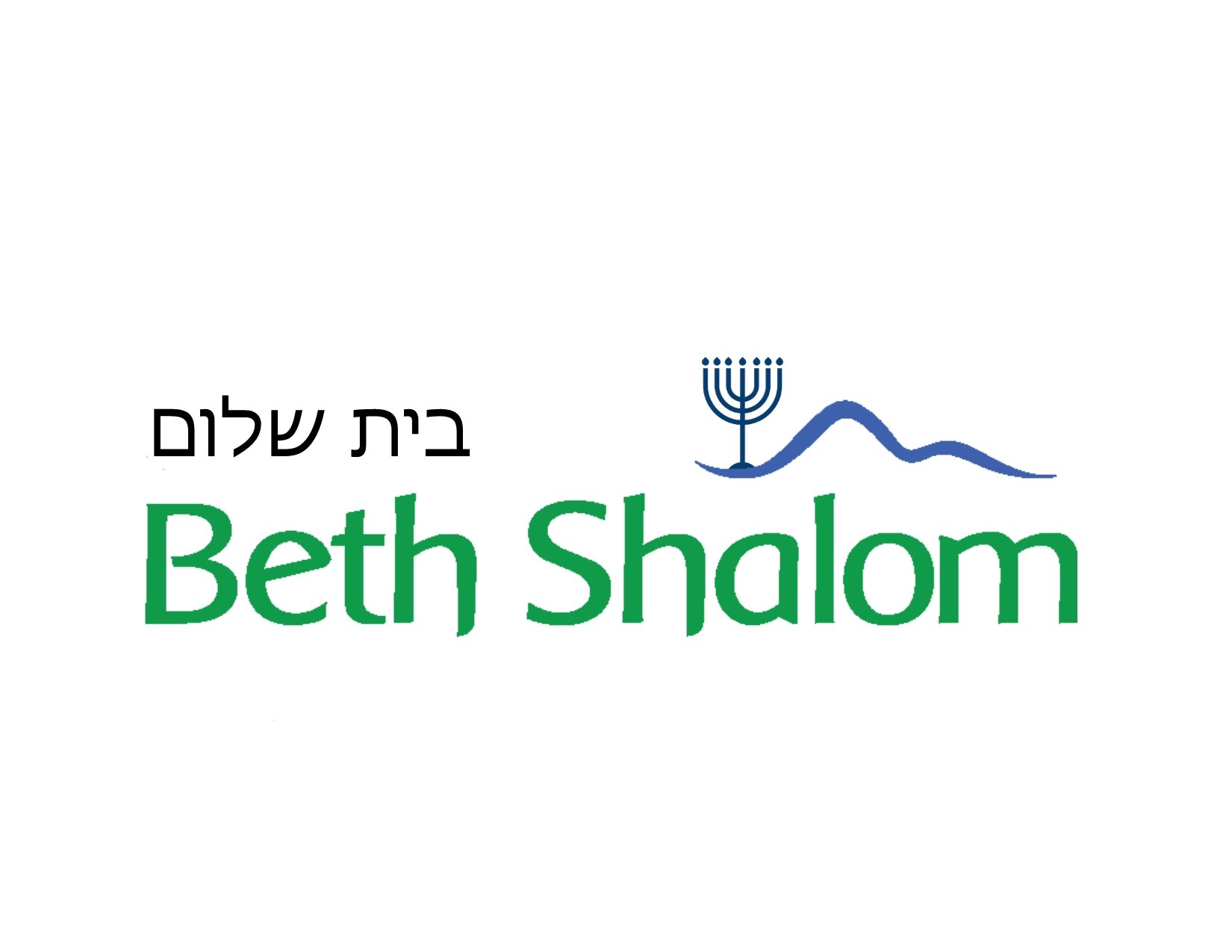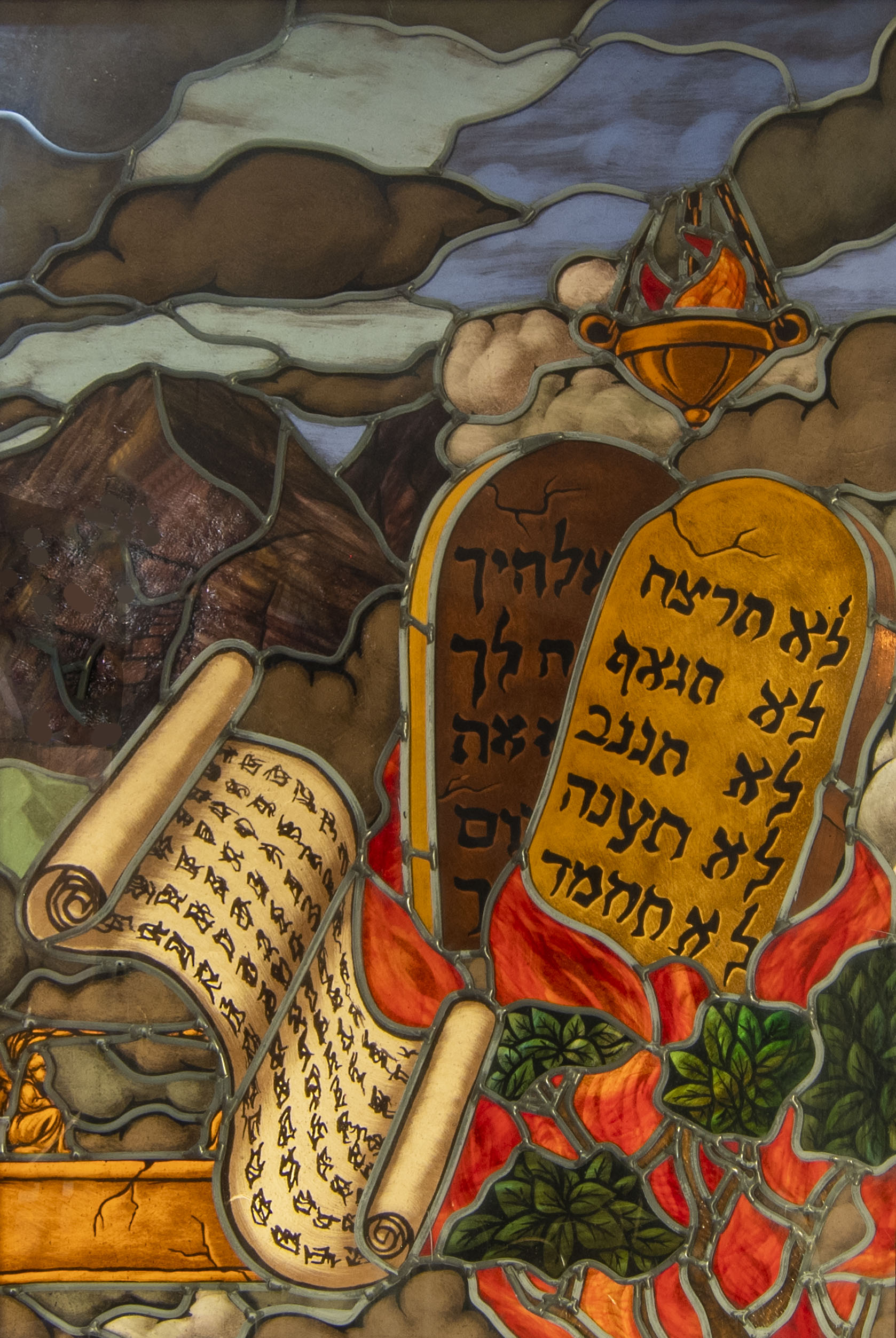Yom Kippur is the Day of Atonement. It follows Rosh Hashanah and falls on the tenth day of Tishrei each year. While Yom Kippur comes on a different day of the secular calendar it always appears on the tenth day after the new moon (Rosh Hashanah).
Traditionally we prepare ourselves on Yom Kippur by reciting prayers of penitence, selichot, each day.These prayers have the ability to set our mind’s intentions on knowing what we want to say before we come before the King of all Kings.
A Hasid went to Rabbi Israel of Rizhin and asked, “How can I repent? I am finding it very hard to know where to begin.”
“And when you sinned, did you know it?”
“Yes, that was easy. After I sinned I knew.”
“That is correct. Now do the same thing the other way around. Begin repenting. You will know later.”
We begin the holy day before dusk as we sit for a meal, a sueda ha-mafseket. We are told to eat a fullmeal before the sun sets. It is a sacred meal, not on where we are simply sliding food into our mouths to put as much into our bellies as we can. Rather it is akin to the meal of the condemned. We eat choice foods as if this were our last meal.
As with all holy days we light two candles and utter a blessing before setting off to shul.
Then coming to the synagogue just before dusk we gather in the growing shadows, putting on our tallit, saying the prayer that accompanies it and then listening to the melody of Kol Nidre. A circle of people holding the sifrei Torah gather around the hazzan as they form the beit din, the judicial authority that validate our word before they ascend on High. This is an earthly tribunal that mirrors another court in Heaven. The Torahs testify to our words of contrition.
Night falls.
The fast of food and water for the next twenty-four hours commences.
How we dress. And behave.
Traditionally we refrain from wearing leather, as this is a sign of luxury and comfort. As the Torah warns, “and you shall afflict your souls,” (Leviticus 16) which indicates that we refrain from eating, washing, relations and comforts that subtract from the awesome nature of the day. Isaiah informs us, “Though your sins be as red as scarlet I will make them as white as snow.” Interpreting this verse many Jews solemnly dress in white for the holy day as an outer prayer for washing away sins.
At the conclusion of Yom Kippur the shofar is loudly blasted signaling the end of the fast and the forgiveness of Israel. Yet just before the shofar we acknowledge God’s sovereignty in three powerful sentences that are virtually shouted out, Shma, Barukh Shem…, and “the Lord alone is God!”

